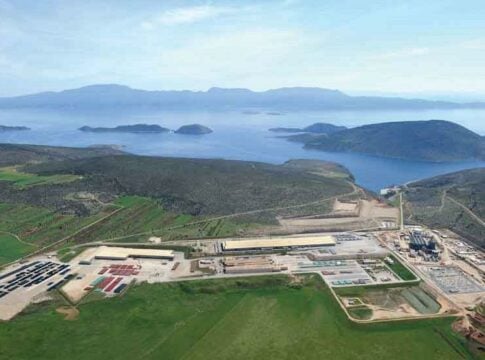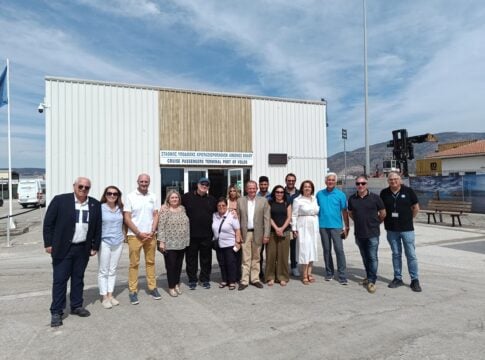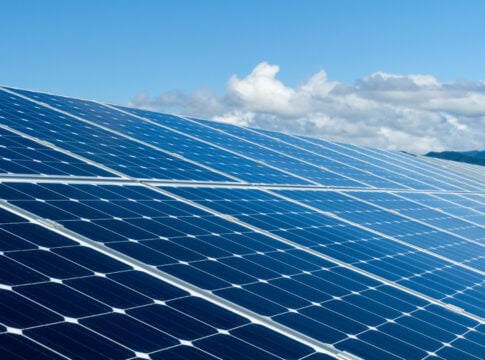In an environment of intense volatility and major international changes, JTI invests in the future with a clear strategy and consistency. By focusing on the concept of resilience, it adapts to new data and shapes conditions for sustainable development.
As an international company, with a Japanese identity and culture, and a global footprint, JTI places adult consumers, employees and society at the center of its activity. With a responsibility towards people, JTI aims to offer moments of enjoyment, contributing to a better future.
To achieve this, it is constantly evolving, ensuring the high quality of its products and shielding its business activity. In a world of multiple adjustments and new risks, it applies a holistic approach that incorporates its many years of experience. In this way, it keeps corporate reflexes alert, strengthens internal cohesion while maintaining the flexibility of the Organization, and attempts not to follow developments, but to identify dynamics in a timely manner, to predict and co-shape the course of things.
In Greece, JTI also applies these principles, having a robust and flexible organization that implements the company’s strategic planning with investment consistency and stability, through multi-level diversification.
JTI in Greece
The development of JTI’s strategy in our country is based on four pillars of sustainability and resilience:
-Investing in productive excellence
-Investing in people and work
-Investing in the sector of potentially reduced risk products
-Investing in institutional cooperation and support for local communities
“Green” transformation
Indeed, the factory has an impressive “green” transformation to demonstrate, which includes:
Reduction in energy use by 66% compared to 2020 and 100% use of electricity from RES.
Complete waste management with zero discharge to the ground. Reduction in total waste by 62% compared to 2020. In fact, 70% of waste is recycled and the rest is converted into energy.
Water resources management and reduction in water use by 84% compared to 2020.
Reduction in pollutants and reduction in greenhouse gas emissions by 88% compared to 2020














